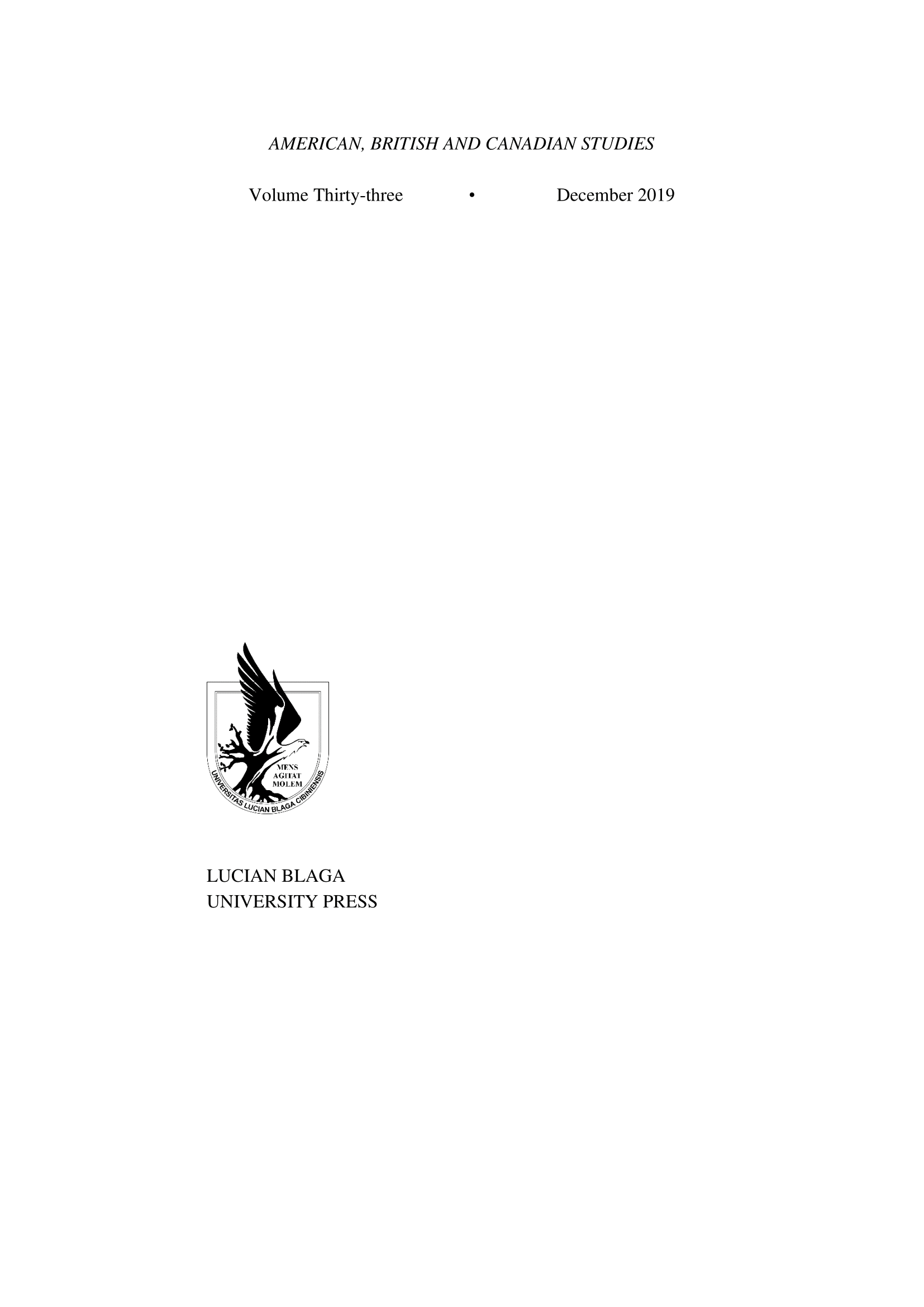The Uses of Formulaic Language in Graham Swift’s
England and Other Stories
The Uses of Formulaic Language in Graham Swift’s
England and Other Stories
Author(s): Bożena KucałaSubject(s): Fiction, Novel, British Literature
Published by: Editura Universitatii LUCIAN BLAGA din Sibiu
Keywords: Graham Swift; England and Other Stories; contemporary English fiction; short story; formulaic language; cliché; inarticulacy;
Summary/Abstract: This article argues that in his collection of short stories England and Other Stories (2014), as in most of his fiction, Graham Swift is preoccupied with the limits of language, with what remains unsaid or is poorly communicated. In this volume, the writer’s focus on private, domestic and ordinary lives corresponds to his representation of the language of everyday interaction as essentially non-creative and formulaic. Swift’s deliberately clichéd language reflects what, as contemporary studies of discourse reveal, is a standard mode of social interaction. For example, Roberta Corrigan et al. affirm that linguistic formulae should be considered as yet another manifestation of behavioural routines (xxiii-xxiv), while Alison Wray claims that the reliance on formulaic language “predominates in normal language processing” (Formulaic Language 101). A range of uses of formulaic language is analysed in selected stories from the collection. It is demonstrated that, typically, characters choose prefabricated language for the paradoxical purpose of establishing and maintaining a degree of contact with others while avoiding in-depth interaction.
Journal: American, British and Canadian Studies
- Issue Year: 2019
- Issue No: 33
- Page Range: 118-134
- Page Count: 17
- Language: English
- Content File-PDF

